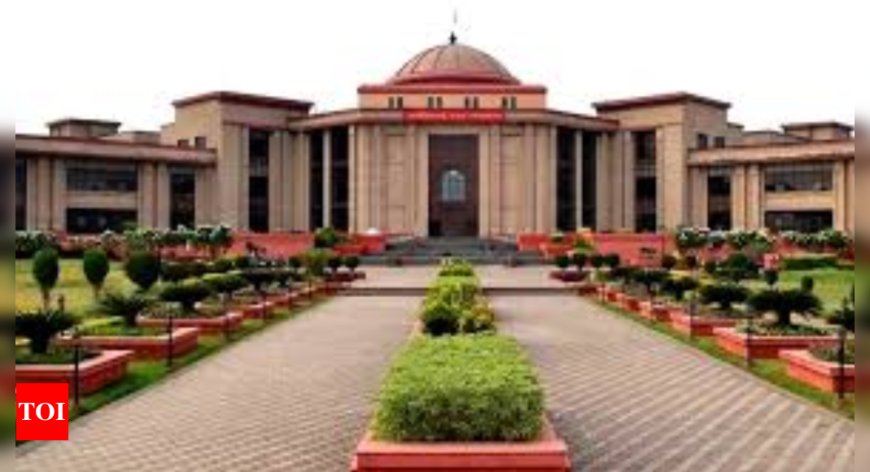Chhattisgarh high court summons senior bureaucrats for non-compliance, sets hearing for March 2025
The Chhattisgarh High Court summoned senior bureaucrats for ignoring directives issued in January and February 2025. The failure to implement court orders led to charges for non-compliance, as petitioners awaited action on revised pay scales, endorsed by the Supreme Court.

Introduction
The Chhattisgarh High Court has made headlines by summoning senior bureaucrats over non-compliance issues that have raised significant concerns within the state's administrative framework. This move showcases the court’s commitment to enhancing accountability among public officials, ensuring that they adhere to the mandates set forth by law. The hearing has been scheduled for March 2025, allowing ample time for preparation and reflection on the necessary legal and ethical standards expected of our bureaucratic systems.
The Background of the Case
As the enforcement of regulations becomes increasingly stringent, the roles and responsibilities of bureaucrats are under the microscope. This case emerges from several complaints regarding inefficiencies and failures to comply with established guidelines and court orders. The court's decision to summon these officials underlines the need for bureaucratic accountability and serves as a warning to others in similar positions.
What This Means for Bureaucracy in Chhattisgarh
The court's actions signal a critical message about the importance of compliance and the consequences of neglect. Public trust in government institutions relies heavily on the reliable execution of responsibilities by bureaucrats. When officials fail to meet these standards, it undermines the entire system and public confidence. The hearing set for March 2025 will not only address the specific allegations but also potentially lead to broader reforms and renewed focus on effective governance.
Implications for Future Governance
This situation may serve as a catalyst for necessary changes within the Chhattisgarh administrative structure. With accountability being a key component of good governance, it is crucial that lessons are learned from this case. The outcome of the hearing could influence policies and establish a precedent for dealing with non-compliance among bureaucrats across India.
Conclusion
With judicial oversight over bureaucratic actions becoming more pronounced, the Chhattisgarh High Court’s summons is a critical development that deserves public attention. It highlights the need for adherence to legal and ethical standards in public administration. As we await the hearing in March 2025, all eyes will be on how this case unfolds and what it might mean for the future of governance in Chhattisgarh and beyond.
For more updates, visit dharmyuddh.com to stay informed on this developing story and other important legal matters.







